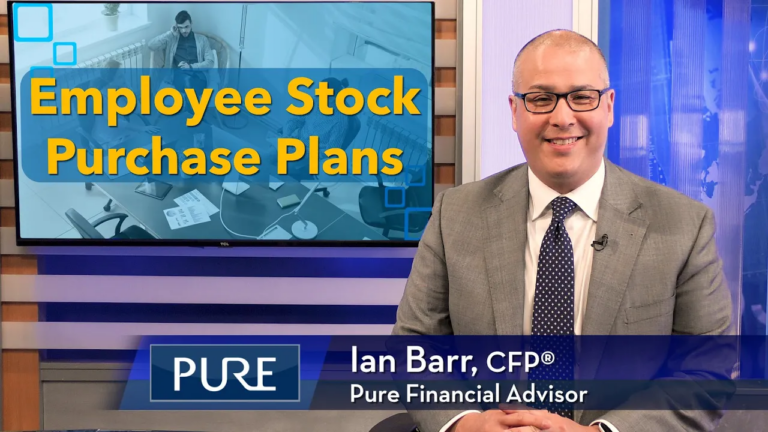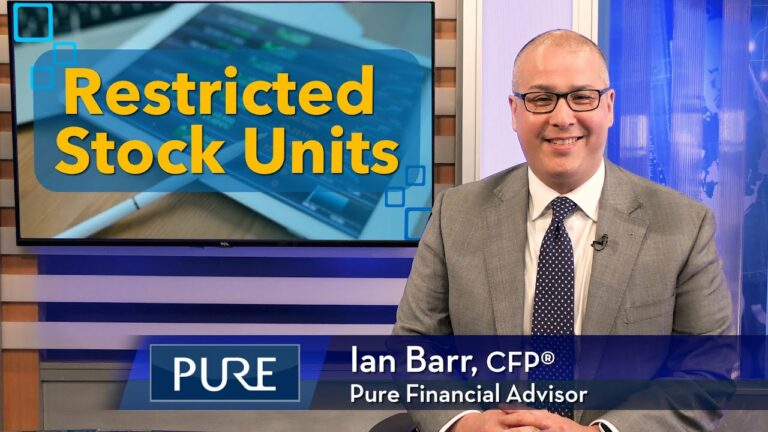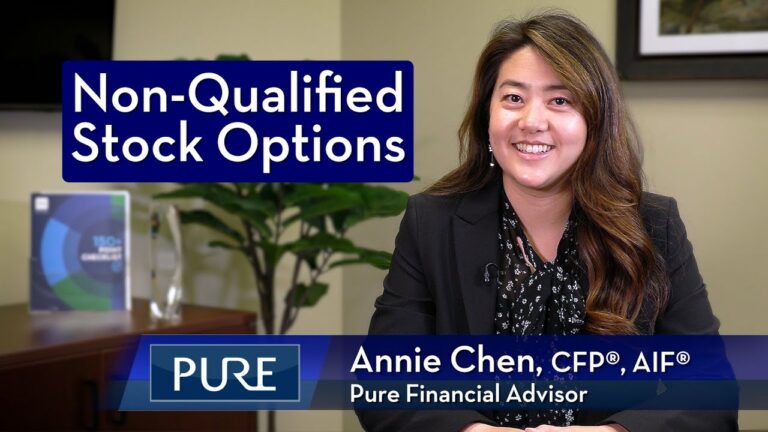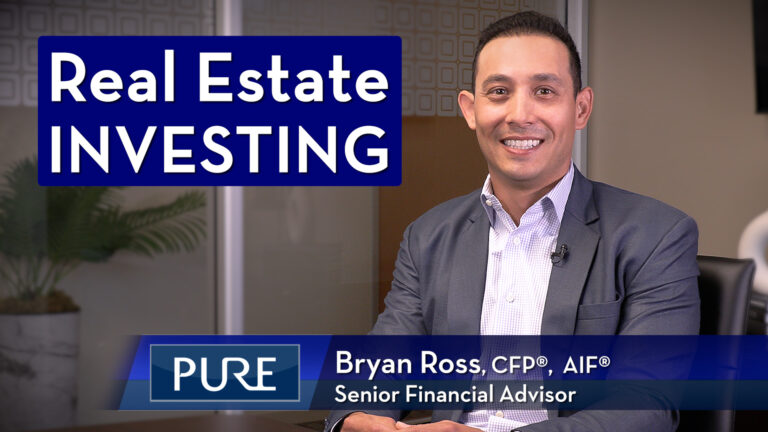Have you considered owning a small business? If so, then creating an S-Corporation might be the choice for you. Pure’s Senior Financial Advisor, Thomas Vance, CFP®, AIF®, offers insights on becoming your own boss, detailing the tax implications, deductions, and retirement benefits associated with S-Corps.
FREE GUIDE | 10 Tips for Real Estate Investors
Transcript
If you’re ready to be your own boss, then an S-Corp may be right for you. Starting a business can be an exciting and challenging opportunity but in just a few steps you can make it happen by becoming an S-Corp. An S-corp is a tax status that allows business owners to start small and grow their business. S-corps offer limited liability protection so the owner’s personal assets can’t be accessed by business creditors (in most cases) or legal claims against the company and they don’t pay corporate taxes on any earnings and income that S-corp generates.
Steps to Create an S-Corp
First, the business must be incorporated. If you do not already have a legal business entity, you will need to choose an available business name and register with your state’s business formation agency then you’ll need a Federal Employer ID Number, also known as a FEIN or EIN. If you meet IRS requirements, you can elect S-corp status by filing Form 2553, which is the election by a Small Business Corporation.
The key characteristic of an S-corp is the “pass-through” tax structure referring to the taxation method where business profits “pass-through” the S-corp and are directly taxed on the owners’ individual income tax returns. This allows S-corporation profits and losses to be reported on shareholders’ personal tax returns, avoiding double taxation.
An S-corp, identifies you as both the employer and the employee, so you get to take the deductions of the employer and enjoy the benefits of being an employee. This divides income into two parts, Salary and Owner’s Distribution–and you only pay self-employment taxes on the salary portion. The IRS requires that S-corp owners pay themselves a reasonable salary for the work they perform. It’s crucial to maintain a proper balance between salaries and distributions according with IRS guidelines.
You might ask yourself: why even form an S-corp?
One of the biggest reasons is the deductions S-Corps offer. You get deductions on health insurance premiums, rent, utilities, insurance, equipment, vehicles, services, food and the list goes on and on. Once those losses are accounted for, you will be required to pay tax on those profits at your personal tax bracket rate. But even that profit has a deduction and this one is called a Qualified Business Income (QBI) deduction for pass-through business owners to deduct up to 20% of their business income. An S-Corp also offers many different retirement advantages and there are several different retirement account options available which include the traditional IRA, ROTH IRA, SEP-IRA, SIMPLE IRA, Solo 401(k).
Well, that’s S-corps in a nutshell, basically covering owner/operator scenario and doesn’t yet go into having employees, shareholders and stock. If you’re curious to see how an S-Corp could play a part in your financial future, contact Pure for a free financial assessment and get your questions answered.
Subscribe to our YouTube channel.
IMPORTANT DISCLOSURES:
• Investment Advisory and Financial Planning Services are offered through Pure Financial Advisors, LLC, a Registered Investment Advisor.
• Pure Financial Advisors LLC does not offer tax or legal advice. Consult with your tax advisor or attorney regarding specific situations.
• Opinions expressed are subject to change without notice and are not intended as investment advice or to predict future performance.
• Investing involves risk including the potential loss of principal. No investment strategy can guarantee a profit or protect against loss in periods of declining values.
• All information is believed to be from reliable sources; however, we make no representation as to its completeness or accuracy.
• Intended for educational purposes only and are not intended as individualized advice or a guarantee that you will achieve a desired result. Before implementing any strategies discussed you should consult your tax and financial advisors.
CFP® – The CERTIFIED FINANCIAL PLANNER™ certification is by the Certified Financial Planner Board of Standards, Inc. To attain the right to use the CFP® designation, an individual must satisfactorily fulfill education, experience and ethics requirements as well as pass a comprehensive exam. Thirty hours of continuing education is required every two years to maintain the designation.
AIF® – Accredited Investment Fiduciary designation is administered by the Center for Fiduciary Studies fi360. To receive the AIF Designation, an individual must meet prerequisite criteria, complete a training program, and pass a comprehensive examination. Six hours of continuing education is required annually to maintain the designation.












